How to find out about your old house
SYinUSA, GA zone 8
11 years ago
Related Stories
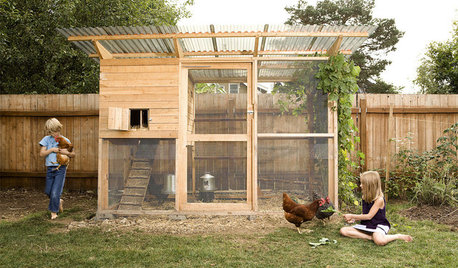
PRODUCT PICKSGuest Picks: 20 Finds to Cluck About
If you have or love chickens, you’ll flock to these coops, themed accessories, artwork and more
Full Story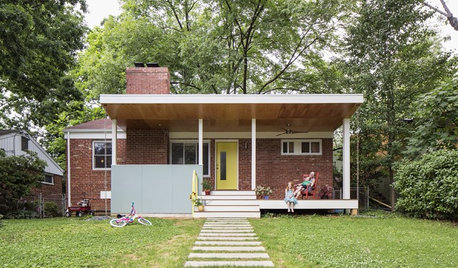
FEEL-GOOD HOMEWhat Really Makes Us Happy at Home? Find Out From a New Houzz Survey
Great design has a powerful impact on our happiness in our homes. So do good cooking smells, family conversations and, yes, big-screen TVs
Full Story
TRADITIONAL ARCHITECTUREHouzz Tour: Taking ‘Ye Olde’ Out of a Nantucket Shingle-Style Home
Vintage and modern pieces mix it up in a vacation house reconfigured to host casual gatherings of family and friends
Full Story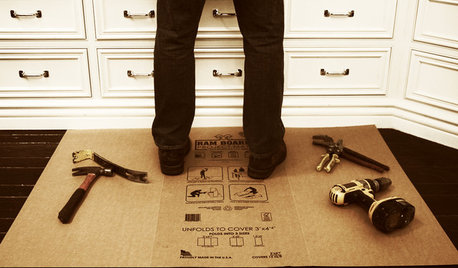
BATHROOM DESIGNOut With the Old Tile: 8 Steps to Prep for Demolition
This isn't a light DIY project: You'll need heavy-duty tools and plenty of protection for your home and yourself
Full Story
MATERIALSInsulation Basics: What to Know About Spray Foam
Learn what exactly spray foam is, the pros and cons of using it and why you shouldn’t mess around with installation
Full Story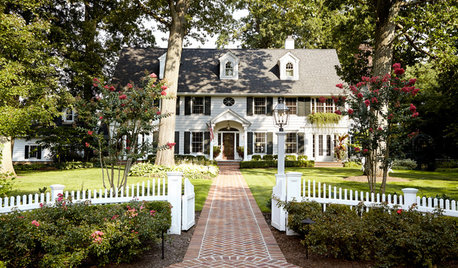
DECORATING GUIDESHouzz Tour: Much to Like About This Traditional Beauty
New elements mix well with old in a New Jersey family’s elegant and comfortable colonial revival home
Full Story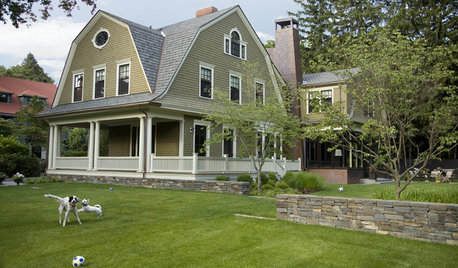
PETSSo You're Thinking About Getting a Dog
Prepare yourself for the realities of training, cost and the impact that lovable pooch might have on your house
Full Story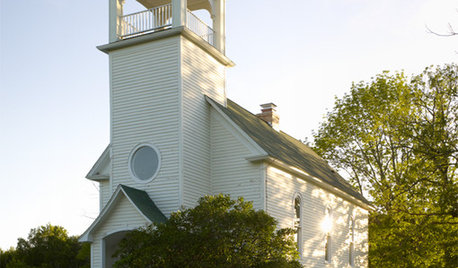
BEFORE AND AFTERSHouzz Tour: An 1898 Church in Wisconsin Finds Resurrection
Neglected and in disrepair, an old church gets a glorious renovation by an architect with a love of historic details
Full Story
LIFEThe Beautiful Thing About Dad's Chair
My father had his own spot in the house. His father had his own spot. Now I have mine
Full Story
PRODUCT PICKSGuest Picks: 20 Light and Airy Playroom Finds
These neutral kid-friendly furnishings and accessories go with everything and let colorful toys stand out
Full Story




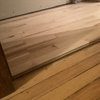

Debra520
brickeyee
Related Discussions
And what did you find in your old house?
Q
old chicken weather vane - how do I find out how much its worth
Q
My latest shopping deals and how about yours? Any Deals out there?
Q
How do I find an old house specialist?
Q
graywings123
SYinUSA, GA zone 8Original Author
Debra520
rosemaryt
SYinUSA, GA zone 8Original Author
bulldinkie
brickeyee
columbusguy1
SYinUSA, GA zone 8Original Author
sapphire6917
KevinMP
Gonny24
Sharimac
KevinMP
User
Sharimac
bulldinkie